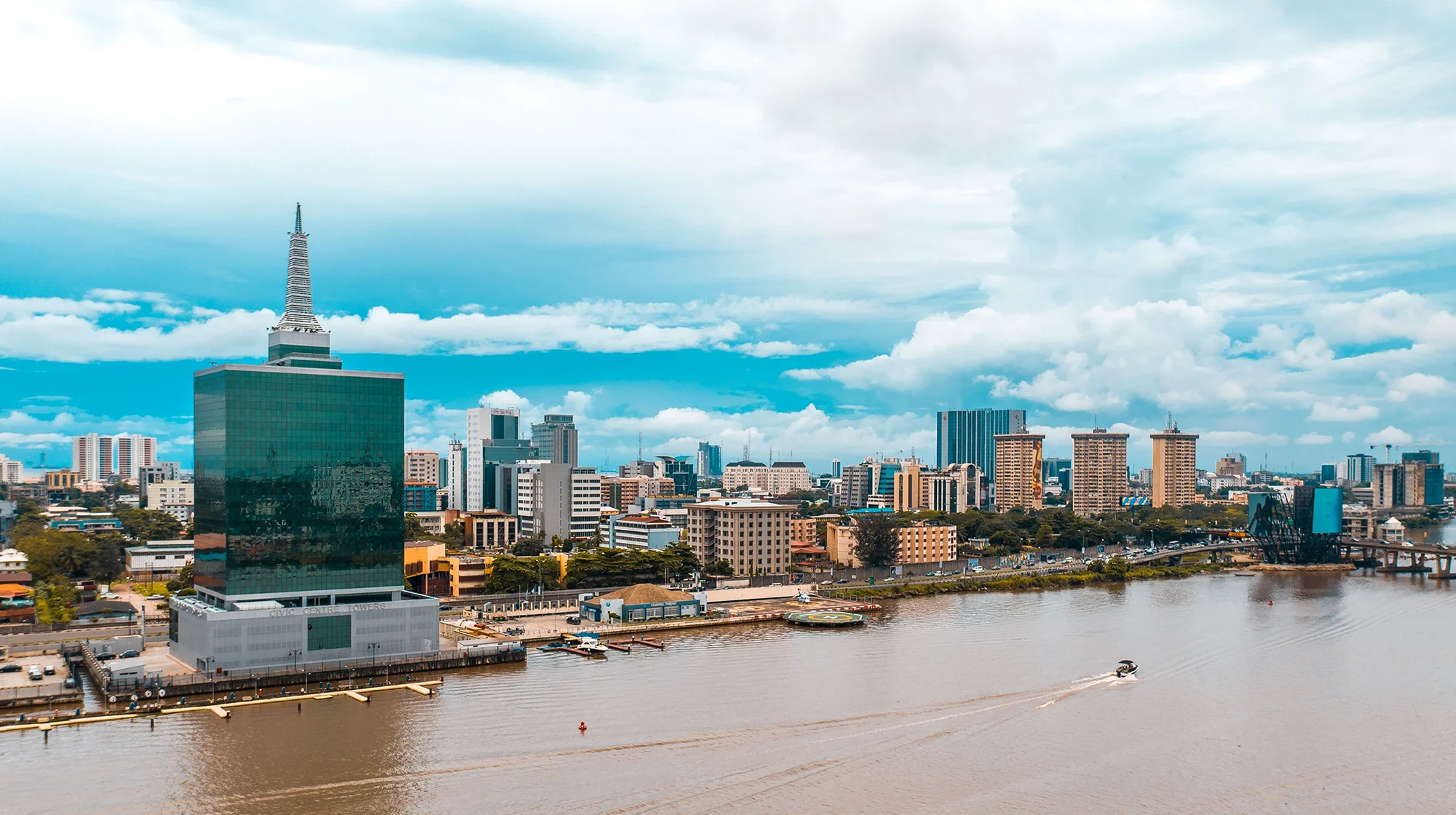
Applying for a K-1 fiancé(e) visa can be complex for any couple, but when the beneficiary is from Nigeria, the process often involves distinct hurdles. From heightened consular scrutiny to documentation challenges, Nigerian applicants face layers of evaluation that go far beyond a standard K-1 case.
As an immigration attorney at SG Legal Group, I’ve guided many clients through these obstacles. This article focuses strictly on the unique aspects of the fiancé visa for Nigerian beneficiaries—not a generic overview—so you can prepare for what to expect at the U.S. Consulate in Lagos, understand the red flags officers look for, and gather the right evidence from the start.
Nigerian K-1 visa applications are examined more closely than most. U.S. immigration authorities classify some countries as “higher risk” due to concerns over document reliability, overstay rates, or perceived fraud. Nigeria is frequently on that list, which means consular officers in Lagos review every detail with particular caution.
The goal is straightforward: determine whether the relationship is genuine and intended for marriage. In my experience, the Lagos post looks for consistency, credible evidence, and emotional authenticity during interviews. Common red flags that trigger extra scrutiny include:
To succeed in Lagos, preparation is everything. I advise clients to rehearse interview questions, discuss personal details openly, and approach the process with honesty and calm confidence. Officers appreciate candor far more than perfection.
Documentation is often the most time-consuming part of Nigerian fiancé visa preparation. U.S. officers scrutinize Nigerian civil records carefully to verify authenticity.
Birth Certificates
Only a National Population Commission (NPC) birth certificate is accepted for U.S. immigration. It must show the person’s full name, date and place of birth, and parents’ names. Certificates labeled “Attestation of Birth” or issued solely by a local government authority are not sufficient.
For older applicants whose births weren’t registered, the NPC can issue a retroactive certificate upon presentation of affidavits and supporting documents. I always recommend securing this early, long before the interview.
Police Certificates
The Police Character Certificate must come from the Nigeria Police Force Criminal Investigation Department (or through the official POSSAP portal). Avoid intermediaries or unverified agents. Bring certificates from all countries where the beneficiary has lived more than six months after age sixteen.
Relationship Evidence
The Lagos Consulate explicitly requires proof of a bona fide relationship. I recommend including:
If the couple had a customary marriage recognized under Nigerian law, the K-1 visa is no longer appropriate; they must apply for a spousal (CR-1/IR-1) visa instead.
Other Civil Documents
Bring original and photocopy of every document—passport, divorce decrees, death certificates, name-change affidavits. The Lagos Consulate requires one photocopy of each original, and failing to bring them can delay or even cancel your interview.
All Nigerian fiancé visa interviews occur at the U.S. Consulate General in Lagos, not the Embassy in Abuja.
Two-Visit Requirement (Effective 2025)
Since January 1, 2025, Lagos has implemented a two-step process:
Missing the first appointment or arriving with incomplete paperwork will result in cancellation or rescheduling. I ensure clients attend both visits fully prepared, with originals, photocopies, and organized binders.
The Interview Experience
The interview typically lasts a few minutes but can feel intense. Questions often include:
Applicants should respond naturally and truthfully. Nervousness is normal but avoid appearing evasive. Officers may ask about family involvement, cultural ceremonies, or prior relationships.
If approved, the passport is retained for visa issuance. If the officer needs further verification or documents, a 221(g) administrative hold may be issued. In that case, submit the requested evidence promptly and monitor the case through official channels.
Nigeria’s prior inclusion in the 2020 U.S. travel restrictions created backlogs and lingering caution among officers, though those bans were fully lifted in 2021. Today, there are no U.S. travel bans on Nigerian nationals, but awareness of fraud prevention remains high.
Consular officers are alert to fake relationships, document forgeries, and online scams. The best countermeasure is transparency: strong identity evidence, clear communication, and consistency across all forms.
Culturally, Nigerian families often play an important role in engagements. Photos with family or letters of support help show authenticity. If a traditional event occurred, clarify that it was not a legally binding marriage.
Polygamous or unregistered marriages under customary law must be dissolved formally before applying. Officers may ask whether the beneficiary has ever “performed any marriage rites.” Honesty here is essential—misrepresentation can lead to a permanent ineligibility finding.
Handling a fiancé visa for a Nigerian beneficiary requires patience, detailed documentation, and cultural awareness. Lagos is one of the most exacting posts worldwide, but many Nigerian-American couples succeed every year by being thorough, transparent, and sincere.
In my practice at SG Legal Group, I help clients prepare every element—from verifying NPC records to organizing relationship evidence and rehearsing for the Lagos interview. When the facts are clear and the love is genuine, the K-1 visa process becomes far smoother.
If you need experienced legal guidance for your K-1 fiancé visa or any U.S. immigration matter, contact me at SG Legal Group. My team and I will help you navigate each step with confidence.
Call 410-618-1288 or visit our contact page to schedule a consultation.
Oleg Gherasimov, Esq.
Stay informed with our latest articles and resources.